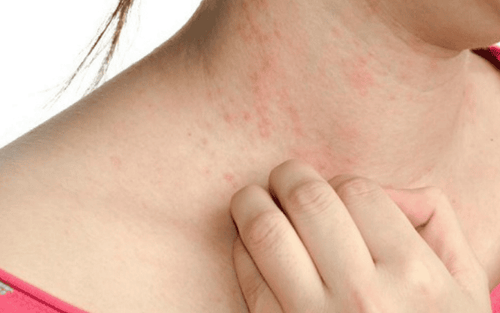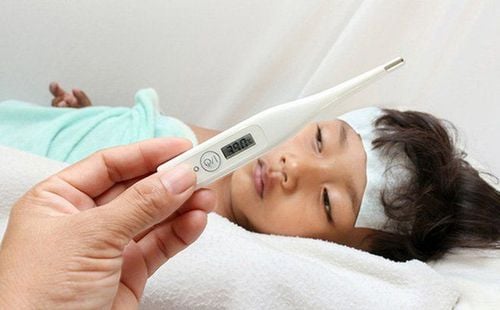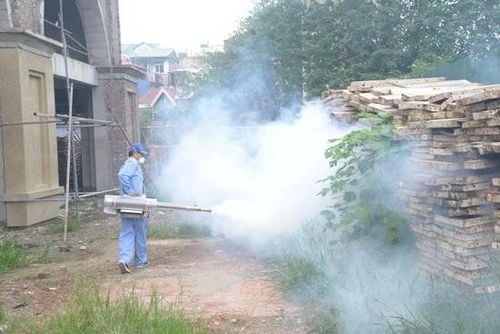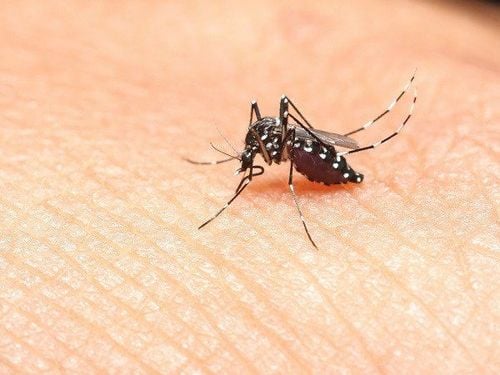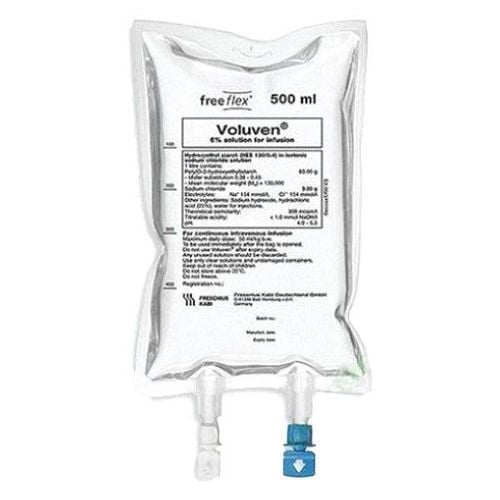This is an automatically translated article.
The article is professionally consulted by Master, Doctor Nguyen Thi Ngoc - General Internal Medicine - Endocrinology - Department of Examination & Internal Medicine - Vinmec Central Park International General Hospital. Doctor has more than 10 years of studying, researching and working in the field of endocrinology.Dengue fever is a contagious disease, so where dengue is transmitted is something everyone needs to know to proactively prevent the disease. Accordingly, dengue fever is transmitted when a healthy person is bitten by a mosquito containing the dengue virus or takes blood from a carrier to transmit it to a healthy person, sharing needles...
1. Dengue fever overview
Dengue fever is an acute infectious disease caused by the dengue virus. Dengue is transmitted by mosquitoes that transmit the dengue virus from an infected person to a healthy person.Symptoms of dengue fever include:
In mild disease:
The patient has a sudden high fever of 39-40 degrees Celsius, lasts 2-7 days, it is difficult to lower the fever. Severe headache in the forehead or behind the eyeball. There may be a rash, a rash. In severe disease:
Includes signs of high fever, headache, rash, rash. There are petechiae on the skin, nosebleeds, bleeding gums, bruises at the injection site, vomiting blood, black stools. Patients with abdominal pain, nausea, cold feet and hands, fatigue, panic, low blood pressure, if the patient is not given emergency and timely treatment, it can lead to death. Dangerous complications of dengue fever:
Shock due to blood loss: In the severe stage, dengue fever can cause symptoms of nosebleeds, if not treated promptly, the patient may experience bleeding. Visceral bleeding as with the main manifestation is vomiting blood, urinating blood,... Eye complications: Dengue fever can lead to sudden blindness due to retinal hemorrhage, and bleeding in the vitreous fluid, layers of the eye. This fluid will be covered and dissolved making you almost blind. Heart and kidney failure: Dengue fever can lead to heart failure due to continuous bleeding, causing the heart to not have enough blood to circulate, causing the pericardium to overflow, causing stasis. This condition can lead to acute kidney failure. Pleural effusion: The blood in the body that is spilled will enter the respiratory tract, causing respiratory inflammation, pleural effusion,... threatening the patient's life. Coma: When bleeding causes cerebral edema and neurological syndromes, leading to coma. Low blood pressure, severe headache: sudden drop in blood pressure, people with dengue fever will find it difficult to stand or walk. Premature birth, miscarriage occurs in pregnant women: In the first days of illness, pregnant women may have a high fever, making the fetal heart beat faster, affecting the fetus. If you have dengue fever in the first months of pregnancy, you are very likely to have a miscarriage.
2. Contact with a person with dengue fever is contagious?

Bệnh sốt xuất huyết không lây qua dịch tiết nước bọt hay đường hô hấp, vì vậy việc tiếp xúc với người bệnh sẽ không lây bệnh
So dengue fever is transmitted by what ways? Accordingly, the disease is transmitted through the following ways:
A healthy person is infected when you are bitten by a mosquito containing dengue virus. The characteristics of aedes mosquitoes are black, with spots on the body and legs; Mosquitoes often reside in dark corners of the house and breed in areas with stagnant ponds and standing water. It is possible to cause disease if the blood of a carrier is taken to transmit it to a healthy person or when a healthy person and a sick person share needles and syringes. However, this case is less likely to happen if the injection is clean. Hospital transmission (transmitted by blood products) and vertical transmission (mother carrying dengue virus in her blood 10 days before birth can transmit the virus to her baby at birth). Therefore, everyone has the answer to how dengue is transmitted, so there is no need to isolate the sick person too much.
3. Dengue fever prevention

Mắc màn mỗi khi đi ngủ đề phòng muỗi đốt
Wear long-sleeved, neutral colors because mosquitoes only love dark colors and wearing Long sleeves will create a thin protective layer over your skin. Use mosquito sprays, electric rackets to kill mosquitoes, essential oils to repel mosquitoes... but keep them out of reach of children. Use fans, air conditioners and mosquito nets every time you go to bed. Eliminate mosquito breeding grounds by sealing water containers or all water containers around the house. Clean your home regularly, especially with water containers. Collect unused items, arrange furniture neatly to limit mosquito hiding places in the house. Clearing bushes around the house will contribute to reducing the shelter of mosquitoes in general and midges in particular. If possible, plant some plants with essential oils such as rosemary, mint... so that mosquitoes don't come near. People with dengue fever need to quickly take timely treatment measures when detecting symptoms of viral fever, to avoid the disease becoming complicated and causing dangerous complications. People who have had dengue fever and recovered should not be subjective because they think they have been infected before, so they will not get sick again. However, there are currently 4 types of dengue circulating in the circulation, so patients who have been infected can still be re-infected with another virus type, even if the next time is more severe than the previous one.
Please dial HOTLINE for more information or register for an appointment HERE. Download MyVinmec app to make appointments faster and to manage your bookings easily.




